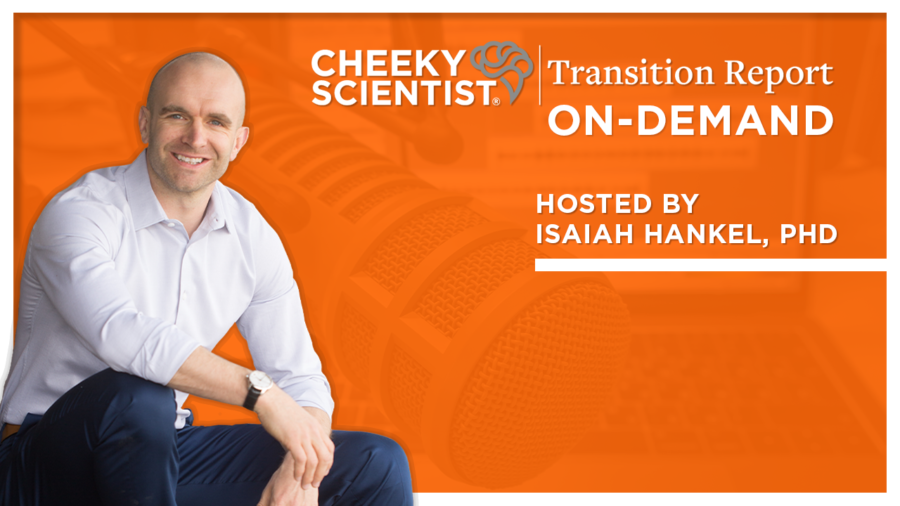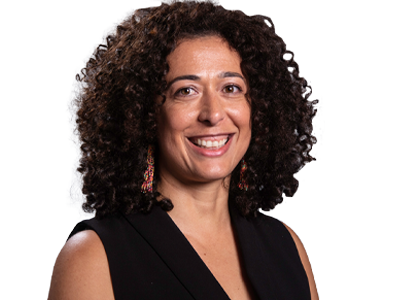Hosted By

Chief Executive Officer Cheeky Scientist

Join Isaiah as he discusses the best way to prepare for a video interview and why the technical aspects are so important
Here’s a quick rundown of this week’s episode…
- First, Isaiah explains the basics of a video interview
- Next, Isaiah gives some tips on how to prepare the location where you will take the video interview
- Finally, Isaiah goes through some technical considerations that will increase your chances of success
From This Week’s Show…
What Are The Basics Of A Video Interview
The video interview commonly follows the phone screen and is the next step in the interview process.
In this step, you need to consider the technology you will be using, how the interviewers see you, and what you need to do to come across as a professional candidate.
One of the biggest keys to executing a video interview successfully is knowing how you look on the other side of the camera.
A great way to prepare for this is to ask the company who’s going to interview you, how many people will show up, and where the interview is going to be held.
This is a normal question to ask before a video interview or a site visit. You need to consider how you’re going to look during the interview; assume that you’re going to be on a large monitor in a large room.
This means that your image and your background will be much larger than what you see on your computer screen and that the microexpressions on your face and the movement of your hands are going to be much more dynamic than you might think.
How To Set Up The Space Where You Will Take Your Video Interview
Before participating in any video interview, you need to not only do your homework on the organization but also build a video set for yourself. You must test the equipment you will use during the interview and create a well-lit set.
You should dress head to toe in the clothes you would wear to a site visit because they might ask you to search for or grab something, and you will have to move. Having a full professional outfit instead of just the top part also gives you more confidence during the interview.
You must ensure that you’re comfortable and that the interviewers can see you and hear you clearly. The only way you can do this is by testing everything.
For both the phone screen and video interview steps, you should do several mock interviews with another person.
For video mock interviews, this should be a full dress rehearsal. Wear what you’re going to wear and have everything set up the way you’re setting it up for the interview to make sure you come across professional.
Make sure to check the sound, the visuals, the lighting, and the background ahead of time so that you can make adjustments for the real interview if needed.
Final Technical Considerations
Most PhDs forget to ensure they have enough lighting on their face. Ideally, you should get a lamp and shine it right at your face and eyes.
When it comes to audio, make sure that your microphone and speakers are connected to the computer. You don’t need a Bluetooth device going in and out, disrupting the conversation.
You should avoid huge headsets but having something that you can connect to the computer without being too distracting is ideal because it will ensure you have good audio.
You will also want to connect the computer you will use for the interview to a hardline internet connection like ethernet or similar. Try to avoid using Wi-Fi even if it means buying an ethernet cord and an adapter for your computer.
You will not get a second chance for the video interview if your Wi-Fi fails. Poor Wi-Fi is not an excuse.
Finally, you may want to add your notes to the computer screen, so the interviewers can’t see them.
During the interview, you will tend to look at the image of the interviewers on the screen, but you should try to look at your computer camera most of the time as this gives the impression of eye contact.
This extra effort will make a big difference, especially if you are projected on a big screen.
If you’re ready to start your transition into industry, you can apply to book a free Transition Call with our founder Isaiah Hankel, PhD or one of our Transition Specialists. Apply to book a Transition Call here.










